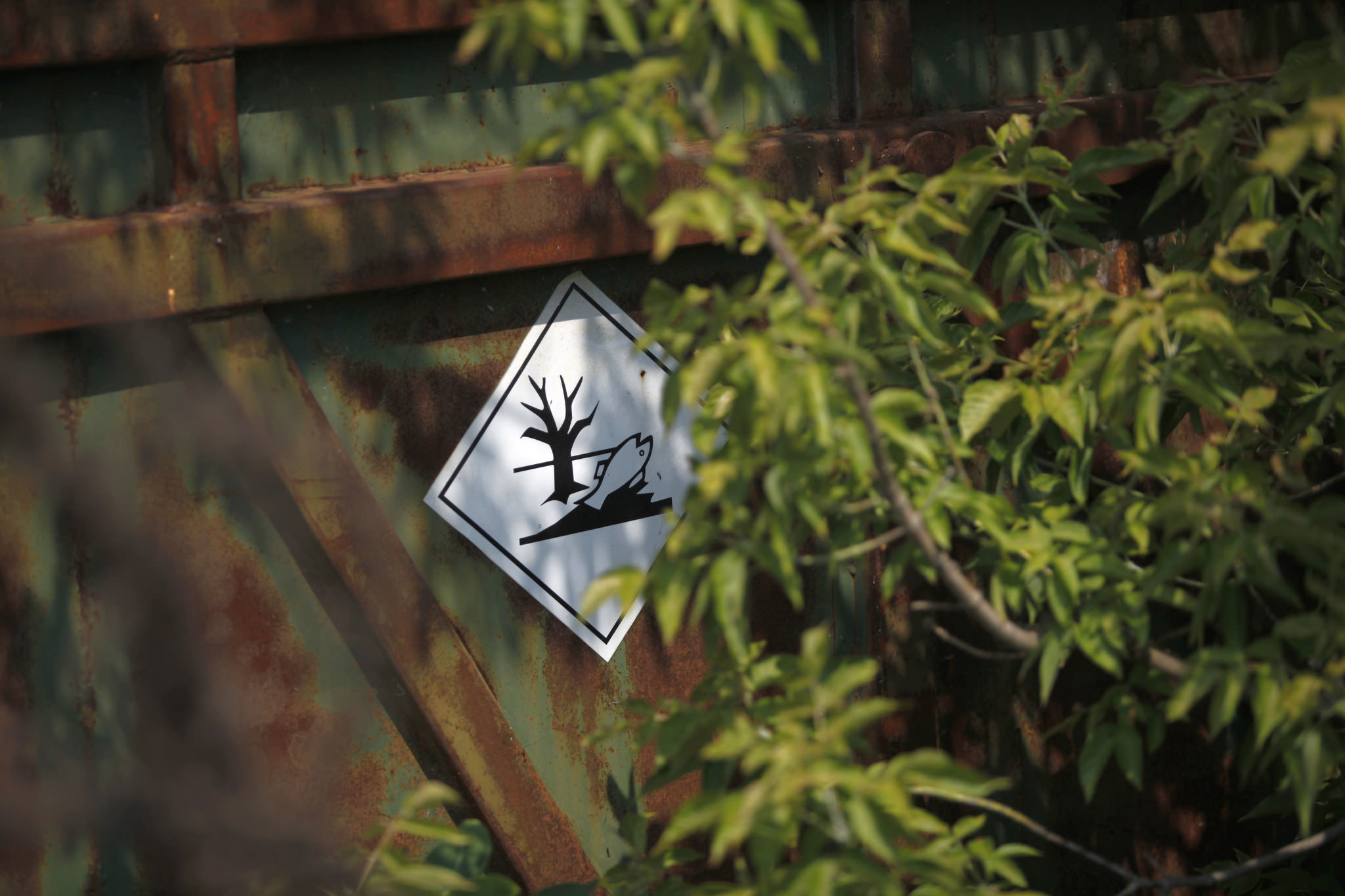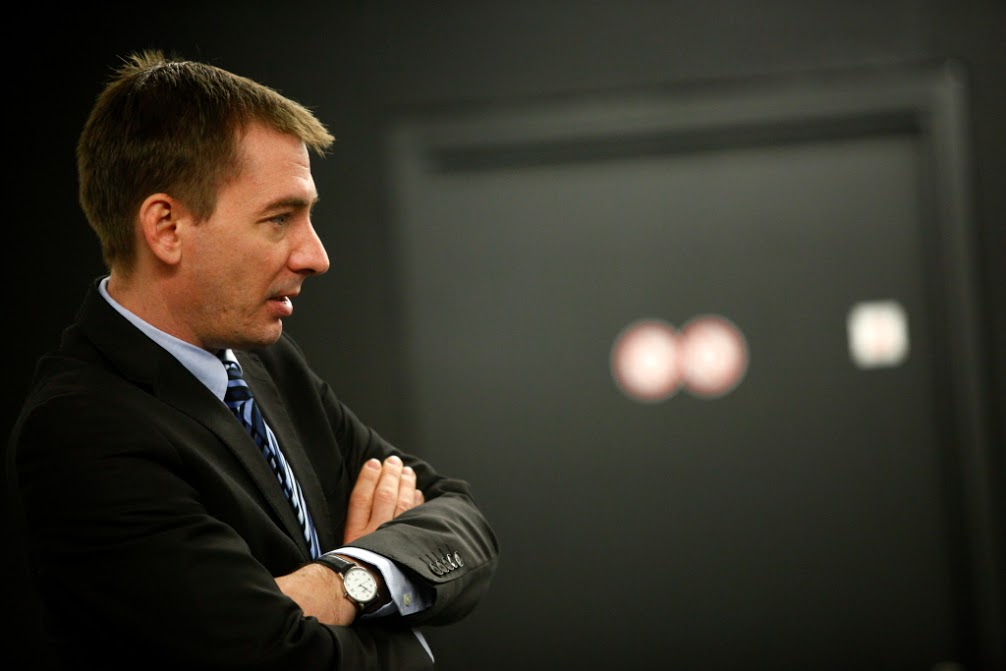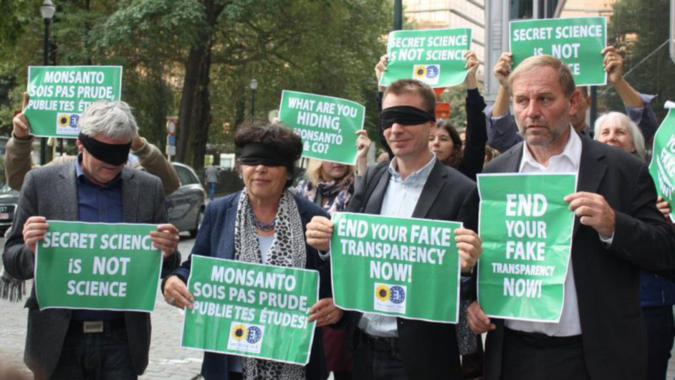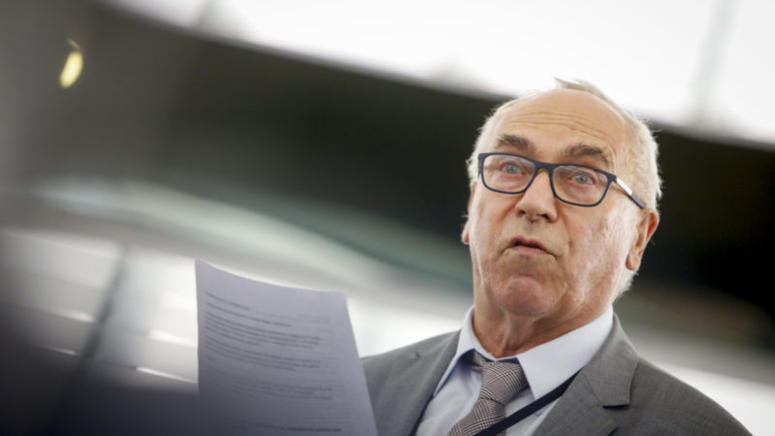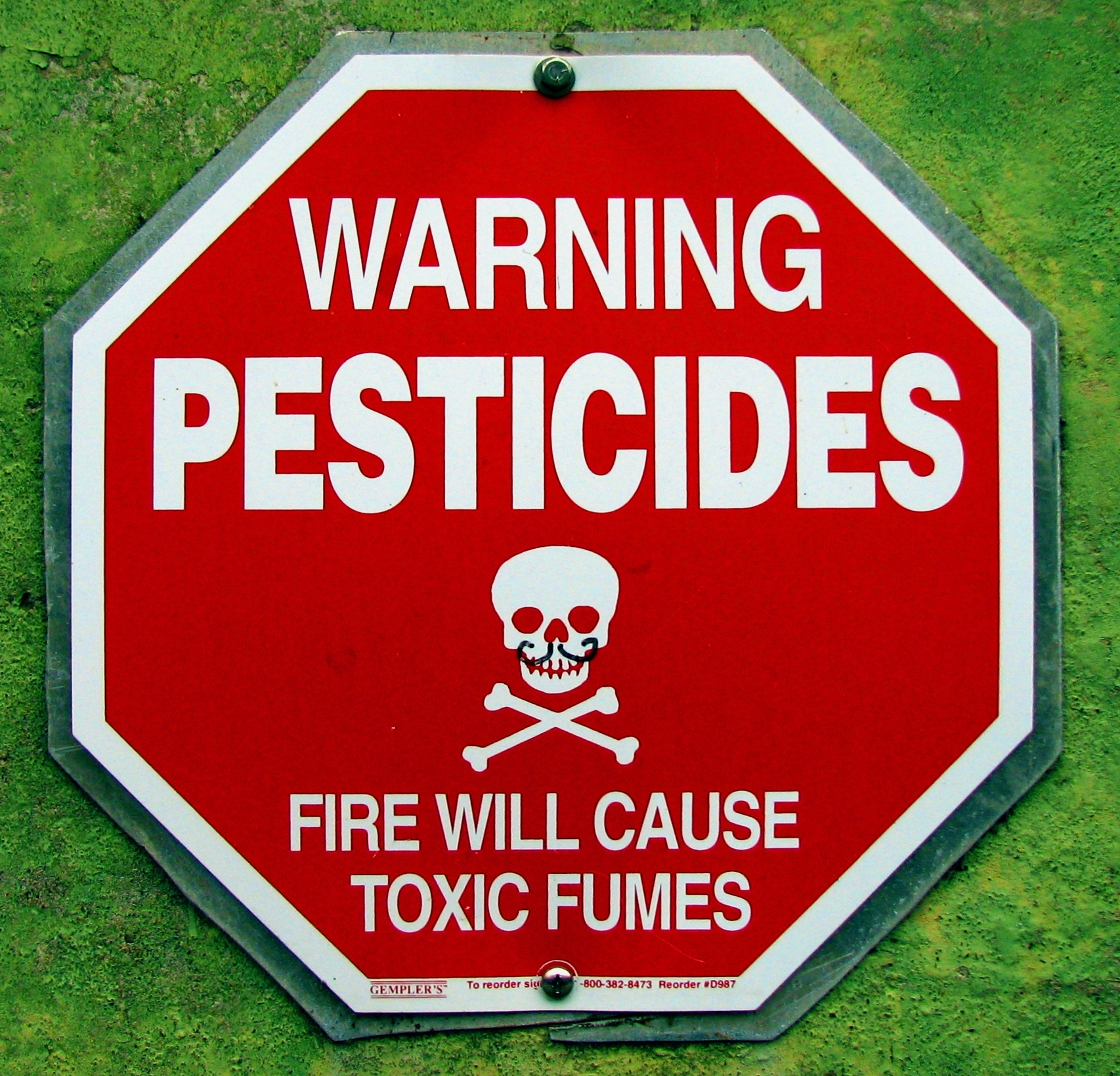ELD is a key piece of legislation aiming to establish a framework of environmental liability based on the ‘polluter-pays’ principle and to prevent and remedy environmental damage.
Note: The ELD has recently undergone a REFIT evaluation to check whether the legislation is fit for purpose. A (long overdue) implementation report based on Member States reporting has also been published. This provided the basis of the current work of the Parliament. I am providing remarks as rapporteur of the ENVI opinion to the JURI’s work on the implementation report on ELD (ENVI was associated committee under Rule 54)
As both the Commission report and the JURI Committee has highlighted, despite some improvements the directive has shown ‘incompleteness’ and thus limited effectiveness.
The implementation still varies significantly from one Member State to another.
We have a patchwork of liability systems (also due to the interplay with existing laws) which in my opinion can undermine common standards and expose some Member States or regions to greater risk of environmental disasters and the financial consequences thereof.
As it is clear from the ENVI opinion, better implementation of the directive (incl. the via improving the information base and providing more trainings and assistance to MSs a key pillar of the Commission’s action plan and multiannual work programme) is needed, but not sufficient.
We should remaining challenges in a systemic manner and revise the directive in the near future in the light of the recent REFIT exercise.
A revision would allow us to extend the scope and the applicability of the directive by making operators of all activities strictly liable for all environmental damage they cause (=removing the limitation in Annex III).
In this context, the INI report rightly calls on the Commission to impose liability for damage to human health and the environment in the future and for the removal of certain exemptions.
I also welcome the call for rethinking of the financial security system.
This would imply
- (preference for) a high-level, mandatory environmental liability insurance for operators
- differentiated ceilings for activities with different risk factors
- the creation an EU-wide fund to bear the cost of relevant measures beyond the mandatory security (in case of large-scale disasters).
I also stress that the proper involvement of inspection bodies is key. In this context, the Commission should further develop inspection support capacity at EU level and help Member States strengthen their national bodies.
Let me highlight one more message: we urgently need EU legislation on the minimum standards for implementing the Aarhus’ Conventions access to justice pillar.

